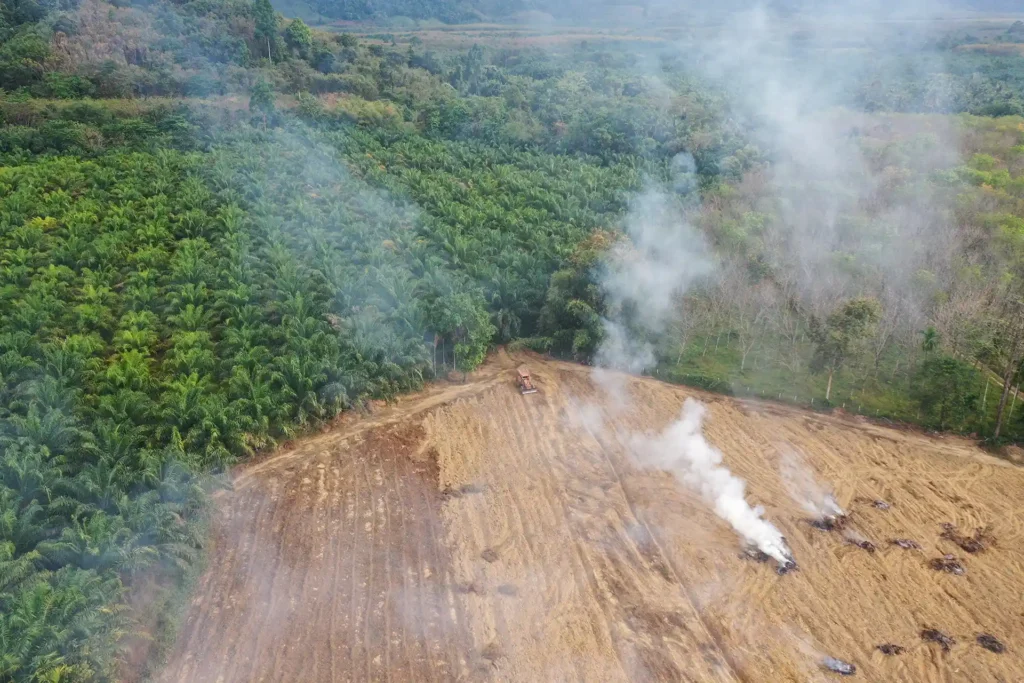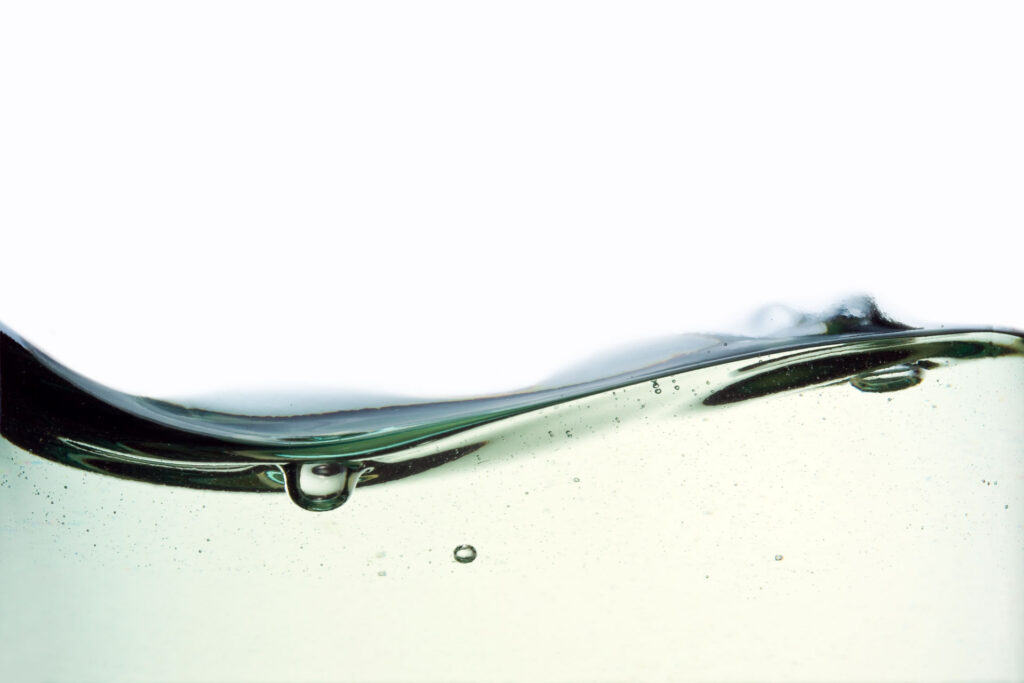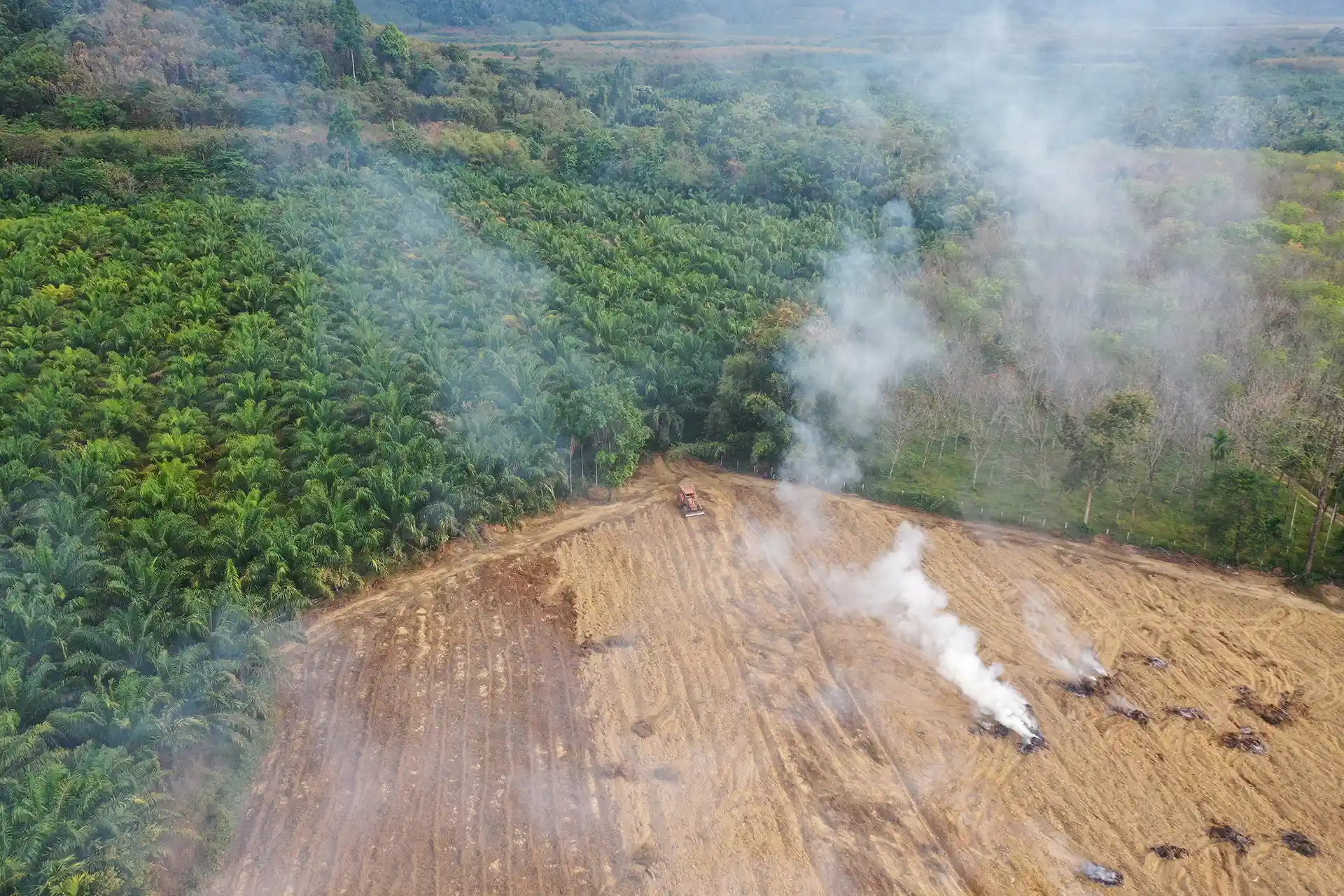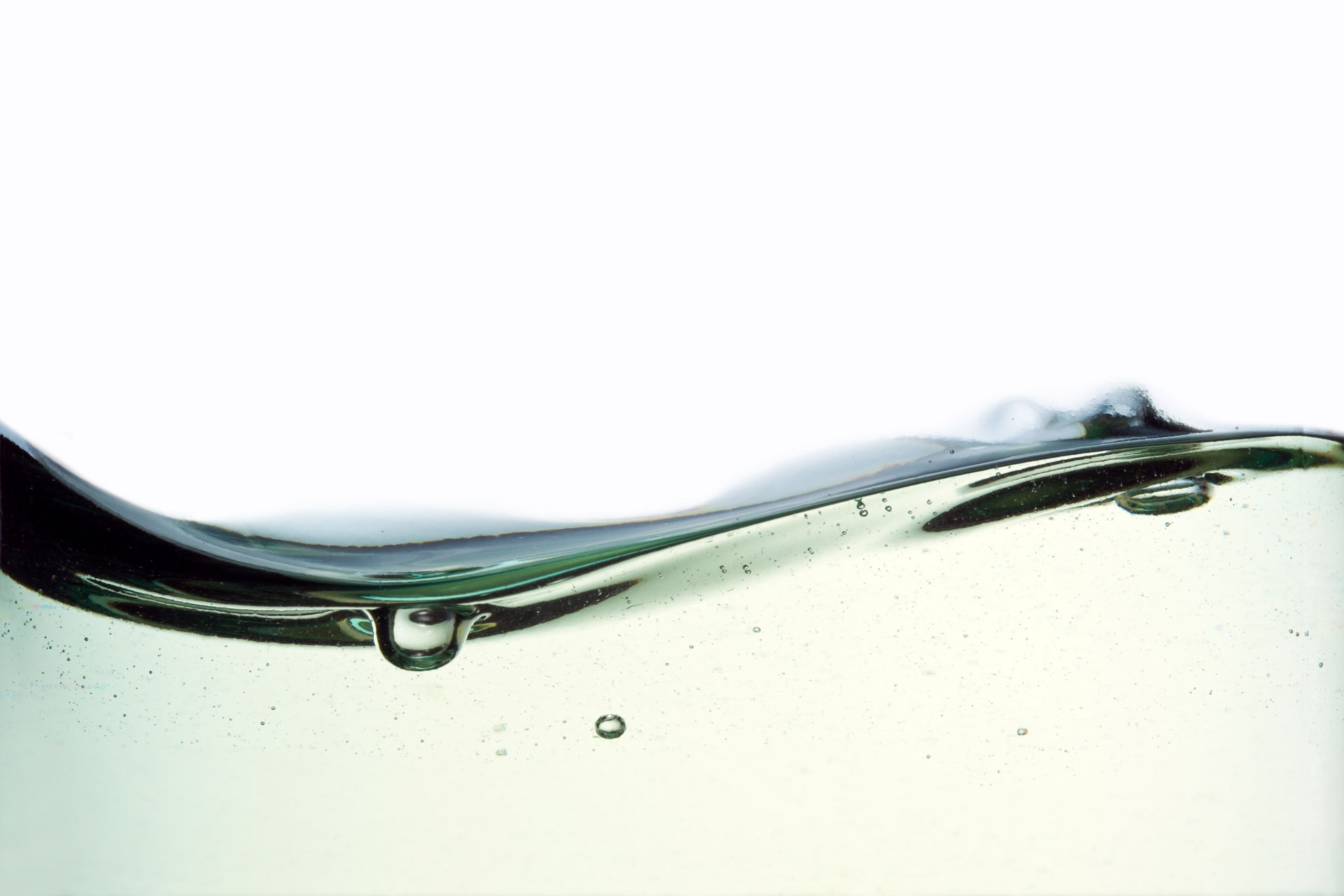Berg+Schmidt Performance Chemicals Strengthens Focus Under New Company Structure
Learn MoreEUDR Compliance with Berg+Schmidt – For a Sustainable Tomorrow
Learn MoreUnlock Market Insights with Our New Weekly Market Report on LinkedIn!
Learn MoreBerg+Schmidt Showcases Innovation and Racing Spirit at Lubricant Expo Düsseldorf
Learn MoreLaunch of corrosion protection range BergaGuard
Learn MoreWe Opt for the Sustainable Alternative
Learn MoreTogether Against Deforestation
Learn MoreTrade Fair Review Lubricant Expo
Learn MoreEvents

News

15. 10. 25
Berg+Schmidt Performance Chemicals Strengthens Focus Under New Company Structure

05. 08. 25
We help you meet the EUDR requirements with certified, traceable raw materials and proactive support for your sustainable supply chain goals.

21. 01. 25
Unlock Market Insights with Our New Weekly Market Report on our Performance LinkedIn account!

26. 09. 24
Berg+Schmidt made a big impression at this year's Lubricant Expo in Düsseldorf, combining industry expertise with racing excitement.
Knowledge

Natural Base Oils for Environmentally Friendly Base Materials Plant-based esters are used in lubricants for a variety of applications. They offer a number of advantages over mineral oils, which makes them an attractive alternative: All a Matter of Viscosity Berg+Schmidt offers a wide range of lubricant esters with a variety of viscosities. Viscosity has a […]

The EU Regulation for Deforestation-Free Products Deforestation and forest degradation are the main causes of global warming and the loss of biodiversity. According to FAO estimates, 420 million hectares of forest were cleared between 1990 and 2020. This corresponds to an area larger than the European Union. The expansion of agricultural land for the production […]



